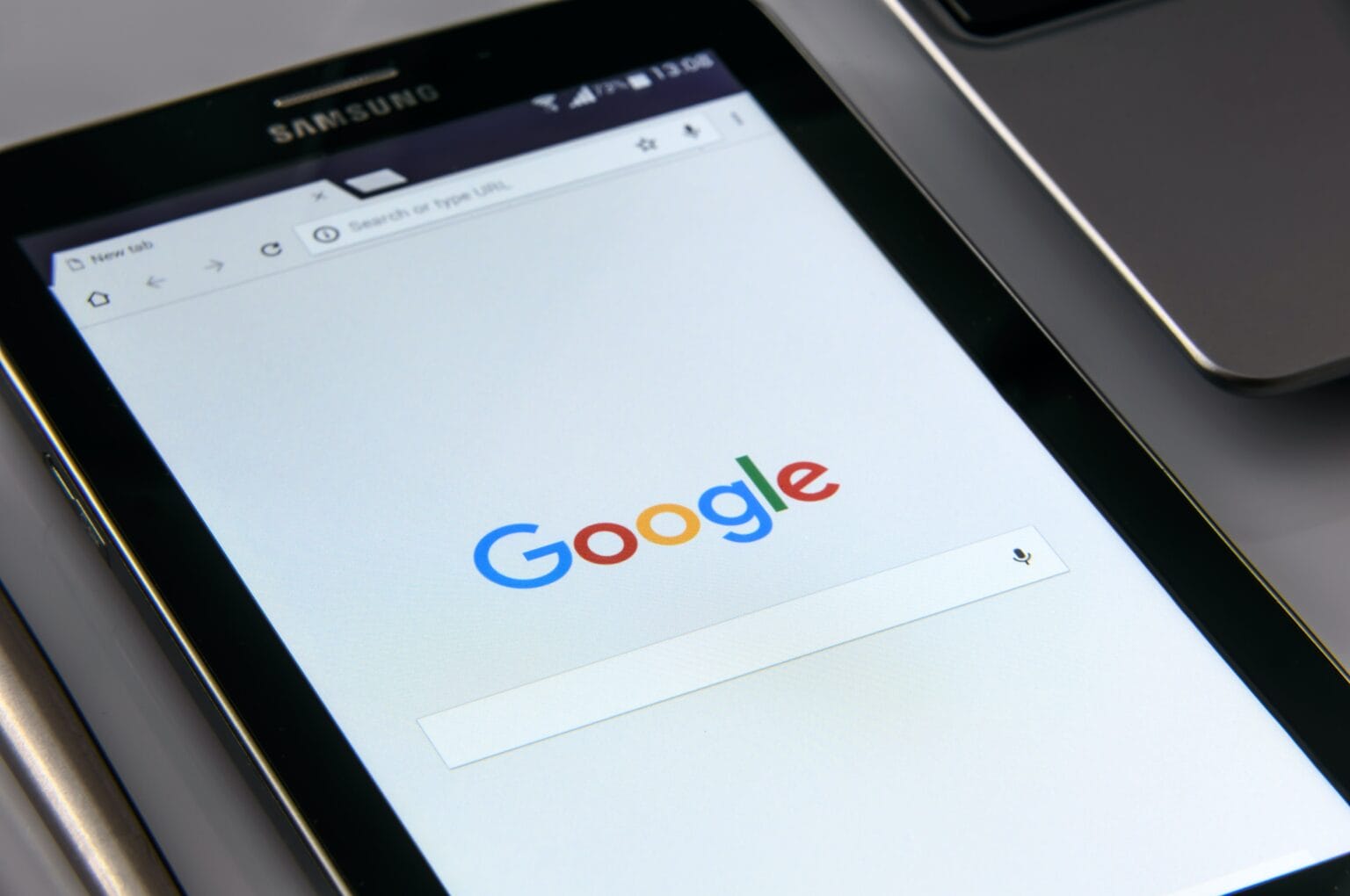Experts say that it’s better to release technology that isn’t quite ready than to fall behind in the race to make an A.I. chatbot.
Google’s failed rollout of Bard, an A.I. chatbot that it hopes can compete with Open A.I.’s Chat GPT, tests the Silicon Valley culture of putting out products before they’re ready.
Last month, Google showed off Bard with a demo video. A user asked Bard, “What new things can I tell my 9-year-old about what the James Webb Space Telescope has found?” It said that the telescope took “the very first pictures of a planet outside of our own solar system.” But an astronomer on Twitter said that’s not true. The first picture was taken with a different telescope in 2004.
After that, Google’s stock fell 11% to $95 per share, which took $100 billion off its market value. The company says that Bard will be ready for public use in the coming weeks. When asked for a comment, Google didn’t answer right away.
Big tech companies often release products before the technology is ready or there is a clear market for them. This is what happened with Bard. In some cases, that works just fine. Companies like PayPal and Uber had to overcome a lot of problems before they were used by many people.
Google Glass, Amazon’s Fire Phone, and Microsoft Tay all failed in the last ten years, either because the technology wasn’t good enough or because they didn’t reach enough people. Recently, Meta changed its name and spent billions to focus on the metaverse, even though its users weren’t sure how interested they were in it.

“Silicon Valley grew quickly, but maybe sometimes slow cooking is better,” said Riitta Katila, a professor of engineering at Stanford University.
OpenAI created Chat GPT, a chatbot that makes use of artificial intelligence, with funding from Microsoft. Even though chatbots have been around for a while, experts from all over the world praised OpenAI’s creation as one of the most advanced bots to date. In February, Microsoft added the tool to its search engine Bing, which pushed Google to speed up work on its own chatbot. Katila said, “It’s like code red at Google right now.”
Ajay Agrawal, a professor at the University of Toronto who studies the economics of artificial intelligence, said that sometimes it’s better to release bad technology than to spend time making it better.
Agrawal said that the more often a chatbot is used, the smarter it gets. Chatbots won’t be perfect when they first come out because they need to talk to people to get smarter.
He said, “You don’t want your competitors to get all the feedback and use it to make their model better if you don’t release it because it’s not perfect.”
He also said that it’s possible that only one to three companies will control the market for A.I. search engines, so “the price to win is huge.”
Agrawal said that when Google makes a mistake, the risk of waiting to release Bard is worse than losing 1% of the market share. In the coming months, consumers are likely to see more models that aren’t finished but are being rushed to market because, as he said, only a few chatbots can rule the market.
Sruthi Thatchenkery, a professor of strategy at Vanderbilt University, said that Microsoft was more likely to release its chatbot with bugs because it has a small share of the search engine market, to begin with.
A report from Statcounter, a website that tracks web traffic, says that Google has a 93 per cent share of the global search engine market. Bing, which is owned by Microsoft, comes in second with only 2.8% of the market. Thatcher said that Chat GPT could only make Bing better because its market share is so low compared to other search engines. She said that it now seems like Bing is a real competitor.
People who use the Internet also use Google search less than they used to. Prabhakar Raghavan, a Google executive, said at a conference last year that almost 40% of young people don’t use Google Maps or Search to find a place to eat lunch. “They go to Instagram or TikTok.”
A market research company called Insider Intelligence found that more online shoppers start their searches for products on Amazon than on Google. This is similar to how social media sites are getting closer to Google’s market.
Thatchenkery said that when Bard gives wrong answers, Google is putting its reputation at risk at a time when it seems to be losing users. She said that it is willing to take a chance, so it doesn’t fall behind.
